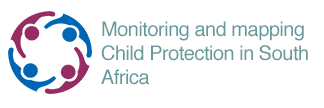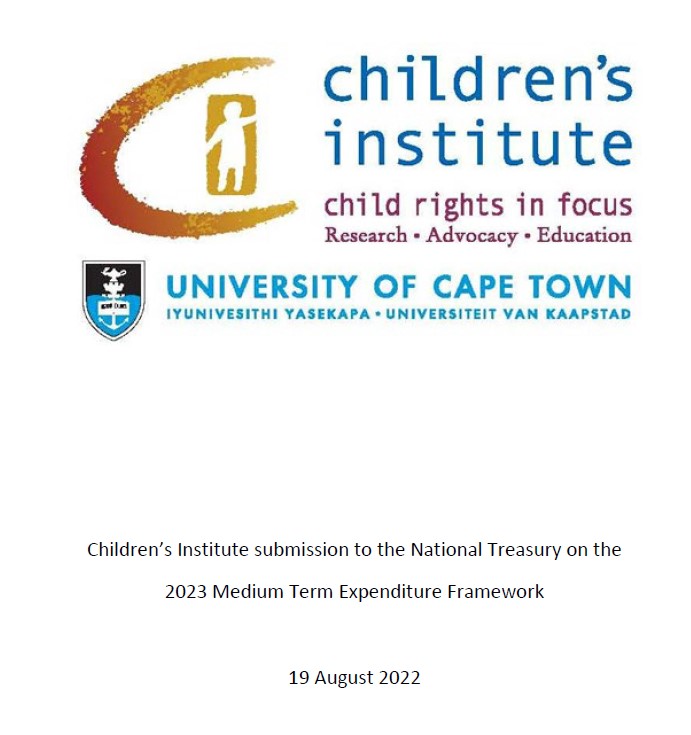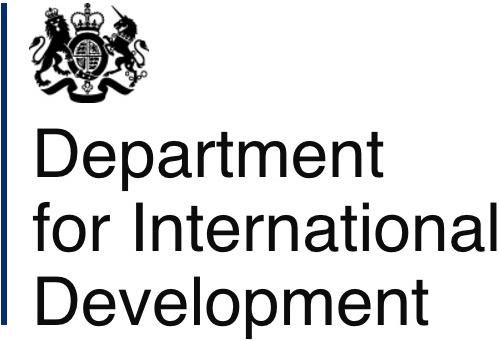Welcome to Children Count
Children Count is a permanent project of the Children's Institute at UCT.We analyse national data to monitor the situation of children through carefully selected indicators.
The statistics are used by government policy makers, researchers, the media, child rights advocates and others who work for the improvement of children's lives.
On this site you will find information about children in South Africa: their living conditions, care arrangements, orphaning rates, poverty headcounts, health and nutrition indicators, education and access to services. The indicators are interactive: click on the options you want and scroll down to read an interpretation of what the data tell us.
Enjoy your visit!
 Demography
Demography
Just over 20 million children live in South Africa. It is important to understand where children live and the circumstances in which they live because this helps to guide the direction of policy responses and interventions.
More  Income poverty & grants
Income poverty & grants
The Constitution of South Africa, section 27(1)(c), says that "everyone has the right to have access to social security, including, if they are unable to support themselves and their dependents, appropriate social assistance". Over 13 million children in SA receive social grants each month.
More  Housing & services
Housing & services
The housing context determines the environment in which children grow up, and the social infrastructure available to them. In addition to providing shelter and 'home', housing is inextricably linked to safety and security, access to municipal services, social infrastructure including schools and health services, and economic opportunity.
More  Education
Education
Education is essential for children to develop into their full potential. It is considered so important that human rights treaties prescribe that governments must provide free compulsory primary education for children. This is a minimum core obligation of governments in terms of international law.
More  Health
Health
The South African Constitution provides that everyone has the right to have access to health-care services, including reproductive health care. In addition, children have extra protection in that "every child has the right to basic health care services".
More  Nutrition
Nutrition
Nutrition is especially important for children because they are still growing and developing. Parents and families have the primary duty to make sure that their children have food. The government has a duty to support parents in feeding their children if they are unable to do so.
More  Child abuse & protection
Child abuse & protection
Children have a right to be protected from harm and maltreatment so that they can grow and thrive. But many children face violence every day in their homes, schools, and communities.
More 





 The SAECR 2024 tracks trends on the status of children under 6.
The SAECR 2024 tracks trends on the status of children under 6. 








